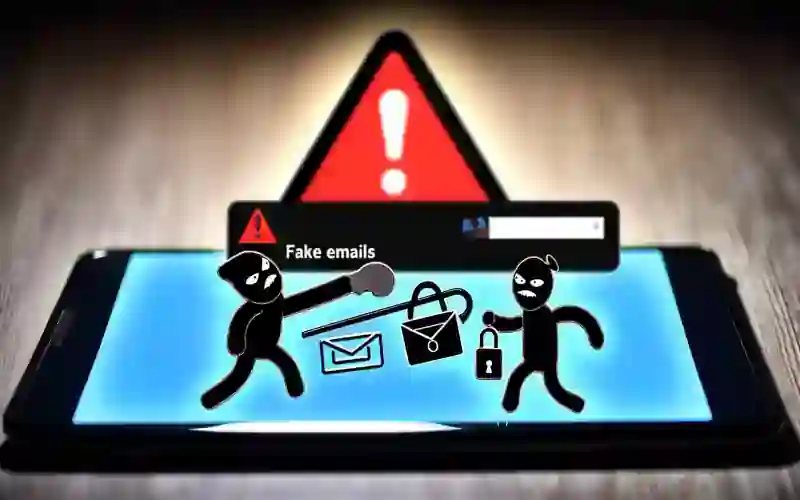Scams are a very serious problem on the computer, people trying to get your money at home or by phone! We’re starting this page with on computer’s and will add on the ones we hear about from home or by the phone posts .
Most scams on the computer come in the form of email.
You missed a payment on something you don’t even own and you need to send the missed payment.
You won some money and in order to get it you need to send them money to release the prize money.
Same goes that you inherited some money and you need to send money to get it.
Or it could be some tech support emailing you that you have a virus and they need to access your computer to remove the virus.
Regardless of what is, if its for money or access your computer remotely, delete the email.
Your best off turning the email preview off and delete these emails without reading them.
Scams targeting individuals through email have become increasingly sophisticated over the years. Cybercriminals often use various tactics to lure unsuspecting victims into their traps. One common scam is phishing, where scammers impersonate legitimate entities and trick individuals into providing personal information such as passwords or credit card details.
Another prevalent scam is the lottery scam, where individuals receive notifications claiming they have won a large sum of money. To claim their prize, victims are asked to provide personal information or make a payment to cover processing fees.
Tech support scams are also on the rise, with scammers posing as legitimate tech support representatives. They claim that the victim’s computer has a virus and offer to fix it remotely for a fee. In reality, these scammers are looking to gain access to sensitive information on the victim’s computer.
To protect yourself from falling victim to these scams, it’s crucial to be vigilant and skeptical of unsolicited emails. Avoid clicking on links or attachments from unknown senders and never provide personal information or payment details to unfamiliar sources.
Remember, when in doubt, it’s always best to delete suspicious emails and report them to the appropriate authorities. Stay informed and stay safe online!
Update:
Non-legit website stores that sell things and never send the product is on the rise. These website get your credit card numbers, 3 digit security code and your money.
If you need to buy something from the website store, make sure you use a service like Paypal to make your payment. Paypal issues a wallet that stores the last 4 digits of the payment method that you should use. Also if there is a problem with that payment method, Paypal will use your next preferred payment method. Using Paypal protects you from the scammer when there are problems.
Update: 5/1/2024
Scammers have once again targeted unsuspecting individuals on dating websites, showcasing their knack for deceitful tactics. However, this time they have devised a new scheme to lure their victims into a web of financial fraud. Instead of directly preying on personal information, scammers redirect users to a different website, where they cunningly entice them to sign up for a subscription using their credit card. This devious ploy aims to exploit the vulnerability and trust individuals place in online dating platforms, showcasing the need for caution and vigilance in navigating the digital realm. It serves as a reminder to always exercise skepticism and verify the authenticity of websites and offers before divulging sensitive information.
Update 6/1/2024
Scammers are sending out letters saying your bank did not pay a bill like American Express and they want you to write them a check for the bill. Once you send them the check, they will have your home address, name, and bank routing numbers. Instead of paying the bill, call American Express and verify you need to pay the bill. Always call who you are paying to verify it is a legit letter.
Update 8/4/2024














